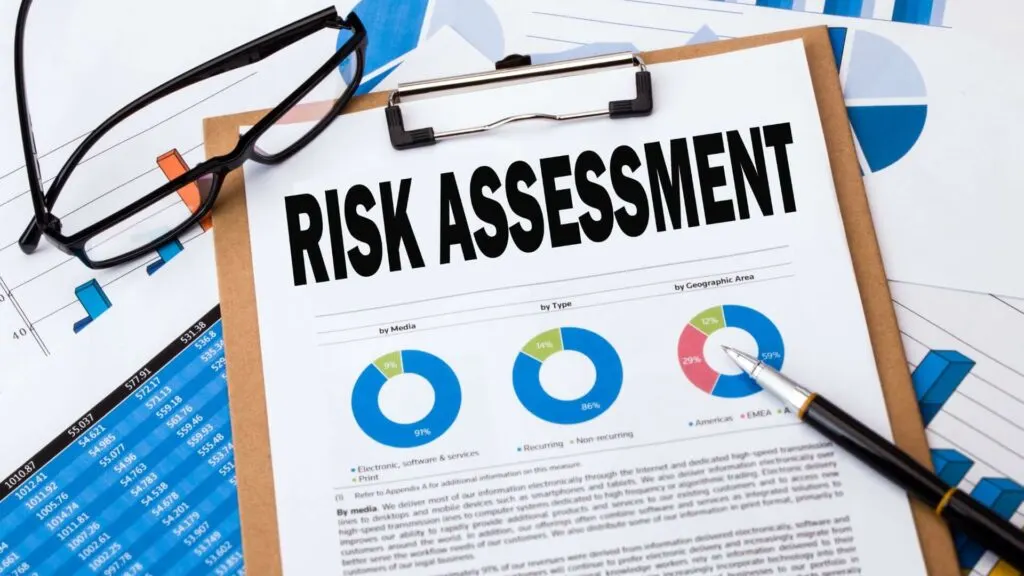As you’ll no doubt be aware, businesses need to deal with an ever-growing variety of digital and physical risks in the modern world. It is critical to understand which to prioritize and how to manage them effectively and efficiently.
Here, we explore the risk faced by most businesses—that of water hygiene—and how you can ensure that you’re taking the right approach to managing it.

Understanding your legal obligations
Taking the right approach to water risk management means understanding your legal duties in this area. Luckily, the regulations covering water hygiene in England are relatively straightforward.
Under The Workplace (Health, Safety and Welfare) Regulations 1992, all employers with physical premises are required to provide access to safe, wholesome drinking water to all people who are in the workplace. Adequate provisions for washing hands are also generally a legal requirement.
Common hazards you might face
Businesses might face a range of hazards when it comes to providing potable drinking water. These revolve primarily around waterborne diseases, including bacteria such as Legionella pneumophila.
If these waterborne pathogens aren’t controlled, they can lead to serious disease among the workforce and other individuals who spend time on your business’s premises. Should such an incident occur, and it’s found that you did not take adequate preventative measures, you could face serious legal issues.
Implementing an effective strategy
To mitigate these hazards legally and effectively, you’ll need to implement a risk management strategy. At the heart of this strategy will lie your water safety plan. Essentially, this plan will outline how you intend to keep your water systems safe. Including the assignment of responsibility within the organization.
Water safety plans are a relatively broad concept designed to apply to as wide a range of businesses and contexts as possible. As a result, you must seek assistance when developing your water safety plan to ensure that it’s both effective and legally compliant.

Employee training
To ensure effective water risk management in the workplace, you’ll likely need to look into certain types of training courses. These will include specific training for specialist roles and more general training that can be provided to a wide range of employees.
Anyone assigned responsibility under the water safety plan must be capable of fulfilling that role. Whether this capability can be ensured through training courses will depend on the role and responsibility in question.
By understanding your responsibilities regarding water risk management, you should be able to gauge just how important it is to take this issue seriously. By developing a water safety plan in collaboration with an appropriate water hygiene specialist, you should be able to create an approach that covers your business from a practical, legal, and reputational point of view.

Jessi is the creative mind behind The Coffee Mom, a popular blog that combines parenting advice, travel tips, and a love for all things Disney. As a trusted Disney influencer and passionate storyteller, Jessi’s authentic insights and relatable content resonate with readers worldwide.
